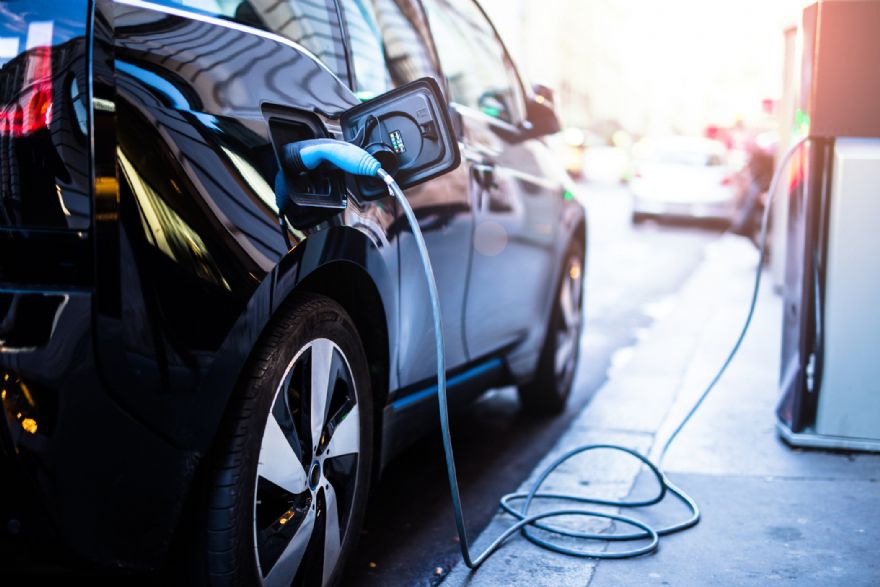
The UK’s used car market grew by 2.8% in the third quarter to reach more than two million (2,021,265) transactions, according to the latest figures published by the
Society of Motor Manufacturers and Traders (SMMT). It was the best third quarter since 2021, and marks an 11-quarter growth streak, driven by recovery in the new car market enabling a healthy supply of stock.
Petrol remained the best-selling fuel type in the quarter, with transactions rising 1.9% to 1,145,148 units, while diesel fell -2.8% to 658,664 units. Internal combustion engine (ICE) vehicles accounted for 89.2% of all cars changing hands, a slight year-on-year fall.
Hybrid electric vehicle (HEV) transactions rose by 30% to 107,727 units, increasing market share to 5.3%, while plug-in hybrid (PHEV) sales also grew, by 2% to 23,480 units, comprising 1.2% of the market. Ongoing efforts by manufacturers to increase supply into the new car market, and rising consumer interest, saw battery electric vehicle (BEV) uptake grow faster than any other powertrain – up 44.4% to 80,614 units, as one in 25 buyers make the switch for a record market share of 4%.
Once again, superminis were the most popular used buy, up 1.8% to 649,859 units and accounting for nearly a third (32%) of transactions. They were followed by lower medium cars, with 543,094 units changing hands, representing an increase of 2%. Dual-purpose vehicles also grew in popularity, with sales up 9.3% to 339,628 units — the highest growth of any segment. Specialist sports cars experienced the greatest decline of -8.6% to 55,088 units, followed by upper medium and executive, which fell by -2.8% and -0.9% respectively.
Black and grey remained the best-selling used car colours, up 3.1% and 6.3%, with white (also up 6.3%) overtaking blue to reach the top three. Cream recorded the strongest growth of 10.1%, although volumes were small at 1,379 transactions. This was followed by green which recorded 9% growth and 35,762 transactions. Despite a 3.2% uplift, maroon cars were the least popular with just 1,250 changing hands. Pink cars, meanwhile, recorded the steepest decline, of -7% to 1,314 units.
More sustainable motoringThe average age of the UK vehicle parc continues to increase, and currently stands at 9.5 years – up from eight years in 2019. However, 99,313 cars under a year old – a third of them electrified – changed hands in the third quarter. Many of these will have entered the used car market via employee car-ownership schemes (ECOS), which provide essential mobility for workers in the automotive sector.
However, this supply of these latest, low and increasingly zero-emission vehicles will be severely impacted by Government plans to levy company car tax on ECOS vehicles, which would see new car registrations fall by around 80,000 units a year. Scrapping the proposals would preserve this essential pipeline of high-quality, cost-effective, nearly new vehicles, giving consumers maximum choice, affordability and access to more sustainable motoring.
Cancelling ECOS exemptions will cast wider ripples across an industry crucial for the UK’s economic growth, social mobility and decarbonisation goals. Around 60,000 workers would be deprived of personal transport, and more than £1 billion in revenue would be lost to industry, putting 5,000 manufacturing jobs at risk.
On top of that direct impact on the sector, the Treasury would incur a half-billion-pound hit from lost VAT and Vehicle Excise Duty receipts, wiping out any income derived by taxing workers for driving the very cars they help to build.6 Reported proposals to introduce pay-per-mile taxation for electrified vehicles also risk acting as a major deterrent to drivers of new and used cars alike from switching to EVs.
Mike Hawes, SMMT chief executive, said: “With used EV uptake at a record high, a robust used car market is essential for fleet renewal, and helps make electrified mobility more accessible for more motorists. However, overall consumer choice and affordability are at risk if the government scraps Employee Car Ownership Schemes, a move that would stifle supply of the very latest vehicles into the used market and cut Exchequer revenue. Britain needs fiscal policy that promotes rather than prevents economic growth, social mobility and decarbonisation.”